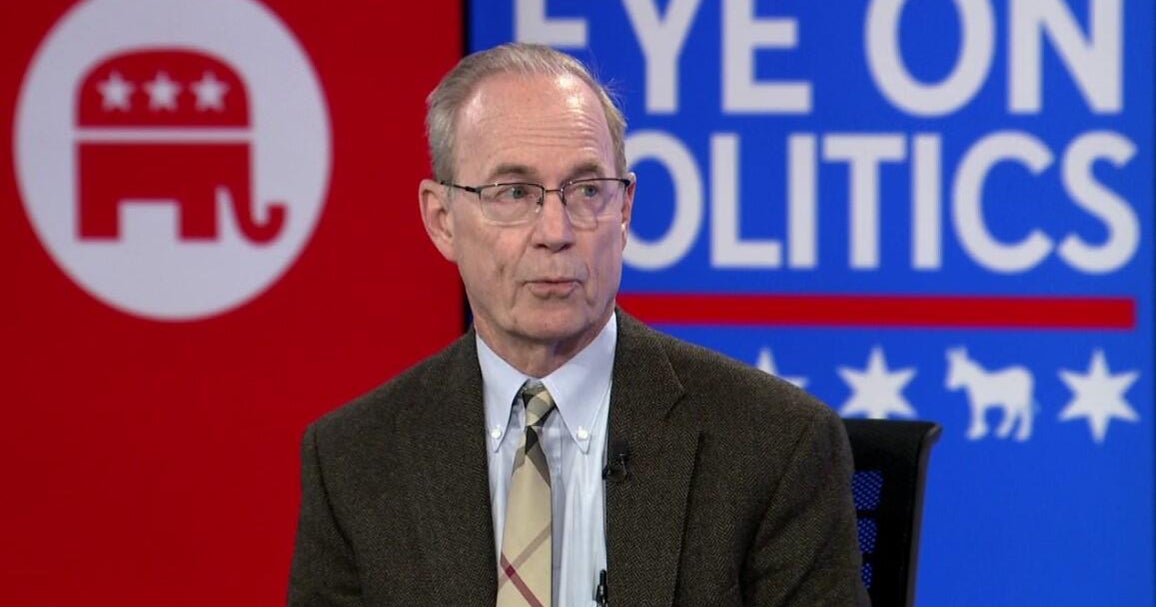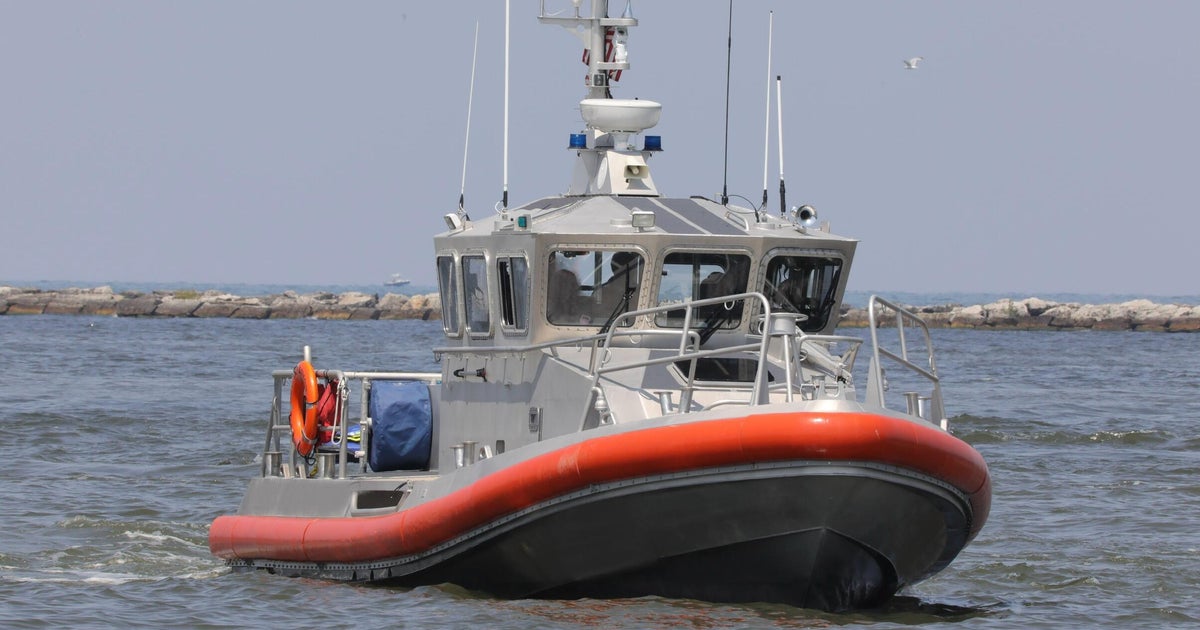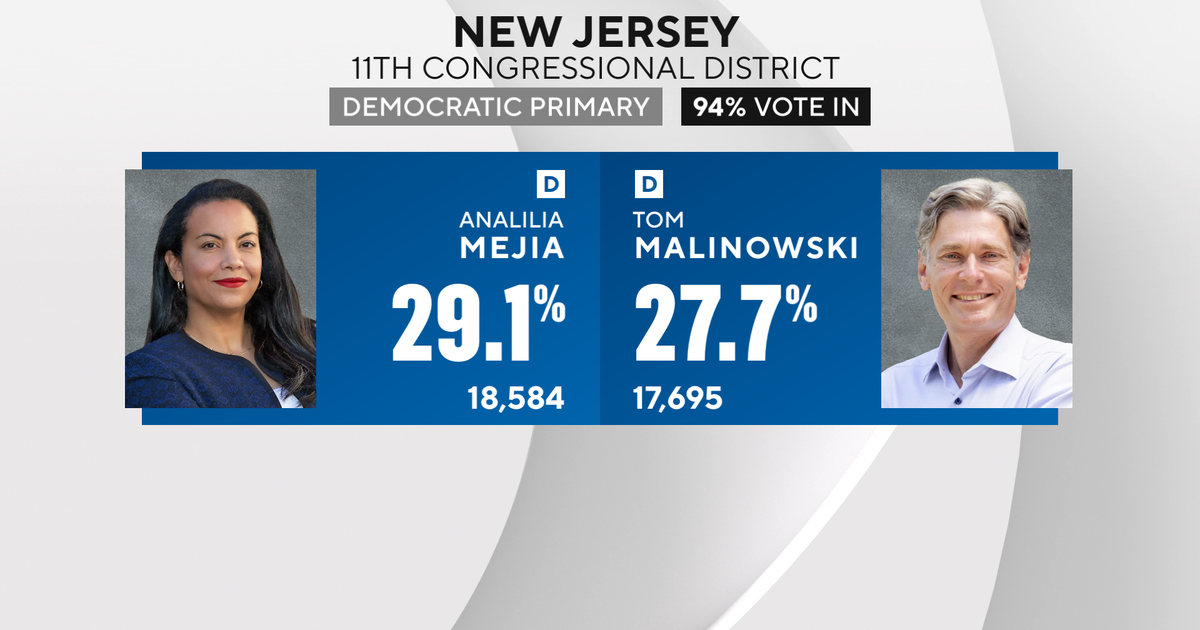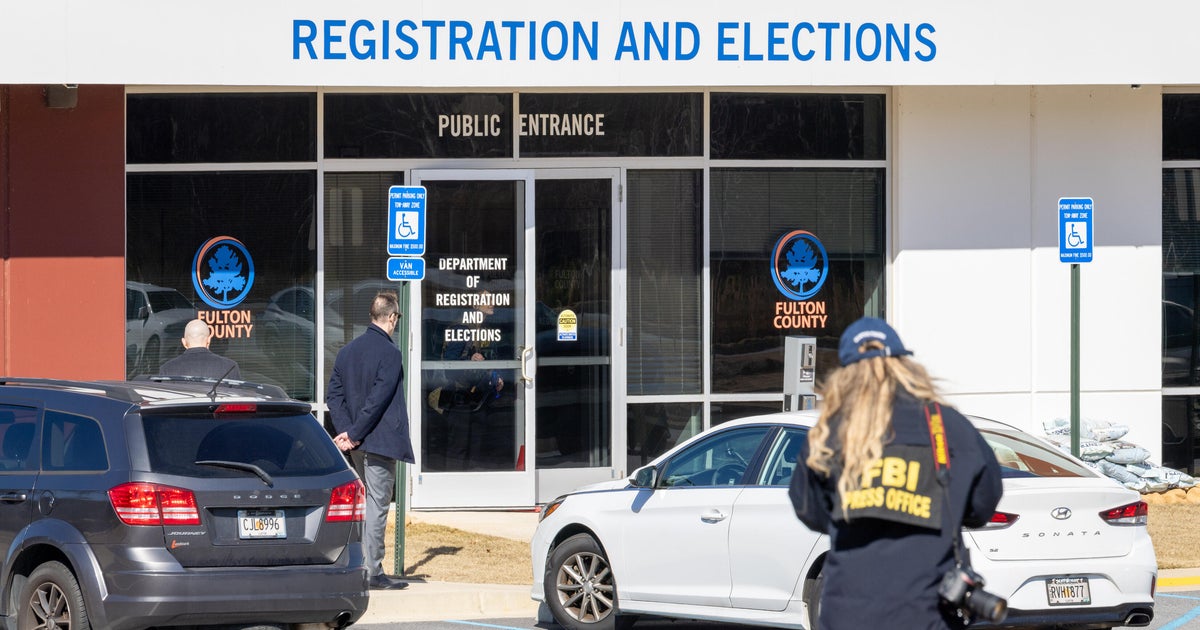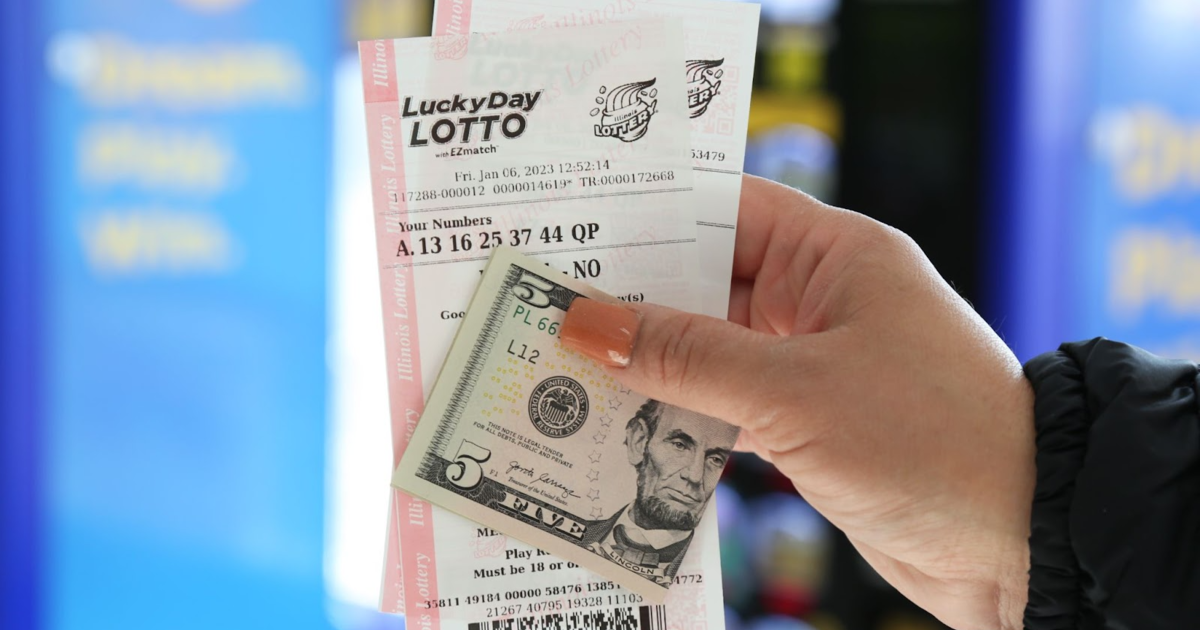Sanders Wins Alaska And Washington Caucuses, Looks To Stoke Spring Comeback Against Clinton
WASHINGTON (CBSNewYork/AP) -- Bernie Sanders has won the Democratic presidential caucuses in Washington state. It's the Vermont senator's second victory over front-runner Hillary Clinton in the three states holding party caucuses Saturday.
Sanders earlier won the Alaska caucuses. Hawaii is the third state holding a Democratic contest Saturday.
Sanders hopes the weekend votes will give him a boost in his efforts to make a comeback against front-runner Clinton.
Sanders has consistently drawn his strongest support from liberal voters and young people. Most of his victories have been in states with largely white populations and in states with caucus contests, which tend to attract the most active liberal Democrats.
The Vermont senator spent much of the past week on the West Coast. He packed huge rallies in Seattle and other cities, as he sought to capitalize on his strong support among liberal voters.
While Sanders faces a steep climb to the nomination, a string of losses for Clinton would highlight persistent vulnerabilities within her own party. Sanders continues to attract large enthusiastic crowds to his rallies and has collected more than $140 million from 2 million donors.
COMPLETE CAMPAIGN 2016 COVERAGE
On Friday evening, more than 15,000 people streamed into a Seattle sport stadium to hear Sanders speak at the candidate's second large rally in the city in less than a week as he tried to energize voters on the eve of the state's Democratic caucuses. Earlier Friday, he got a rousing welcome in Portland, Oregon, where more than 10,000 attended a rally there.
But despite such passionate support, Sanders' path to the Democratic presidential nomination is growing increasingly difficult. According to CBS News, Clinton has 1,689 delegates, compared to Sanders' 943.
Based on that count, Sanders still needs to win 58 percent of the remaining delegates from primaries and caucuses to have a majority of those delegates by June's end.
His bar is even higher when the party officials are considered. He needs to win more than 67 percent of the remaining delegates overall -- from primaries, caucuses and the ranks of uncommitted superdelegates -- to prevail. It will take 2,383 delegates to secure the party's nomination at the national convention in July in Philadelphia.
"I have gotten 2.6 million more votes than Bernie Sanders," Clinton told supporters crowded into a union hall in Everett, Washington, this week. "We are on the path to the nomination, and I want Washington to be part of how we get there."
On the Republican side, Donald Trump's latest rude comments about competitor Texas Sen. Ted Cruz's wife raised new alarms Friday among Republicans about the party front-runner's ability to win over women, especially in a potential fall presidential match-up with Clinton. Trump came under fire for jabs at Heidi Cruz, as the rivals engage in an increasingly bitter, personal battle for the party's nomination. Hostilities reached a new high Friday when Cruz accused Trump and "his henchmen" of stoking false rumors that he'd cheated on his wife.
On Tuesday, Sanders won caucuses in Utah and Idaho but lost Arizona -- the largest delegate prize -- to Clinton. Because Democrats allocate their delegates on a proportional basis, meaning that the popular vote loser can still pick up a share, those victories netted Sanders a gain of about 20 delegates.
He hopes to avoid a repeat of that performance by pulling out a win in Washington, which awards more than double the number of delegates than Hawaii and Alaska combined. He's also looking to contests that follow in Wisconsin on April 5 and Wyoming on April 9 as a way to build momentum.
Sanders' brand of democratic socialism may take some explaining in some parts of the United States, but not in Seattle, where people lined up for hours before doors opened to Safeco Field for the Friday evening rally.
This city elected a socialist, Kshama Sawant, to the City Council in 2013 and was among the first to phase in a $15 hourly minimum wage, mandate sick leave for most companies and offer paid parental leave for city workers -- issues that mirror Sanders' platform.
Most of Sanders' dozen primary-season wins have been in states with largely white populations and in caucus contests, which tend to attract the most active liberal Democrats. He's heavily favored by younger voters, who were a key part of the coalition that boosted Obama to victory twice.
Sanders dispatched his wife, Jane, to Alaska and Hawaii. Clinton, who held a conference call with supporters in Hawaii, did not send any high-profile supporters to campaign on her behalf.
Both candidates held several events in Washington state earlier this week.
Clinton has been looking past the primary contests and aiming at potential Republican challengers. In interviews, rallies and speeches this week, she largely focused on Tuesday's deadly attacks in Brussels, casting Trump and Cruz as unqualified to deal with complicated international threats.
Her campaign sees the April 19 contest in New York as an important one, not just because of the rich delegate prize but because losing to Sanders in a state she represented in the Senate would be a psychological blow. She hopes to lock up an even larger share of delegates in five Northeastern contests a week later.
(TM and © Copyright 2016 CBS Radio Inc. and its relevant subsidiaries. CBS RADIO and EYE Logo TM and Copyright 2016 CBS Broadcasting Inc. Used under license. All Rights Reserved. This material may not be published, broadcast, rewritten, or redistributed. The Associated Press contributed to this report.)


